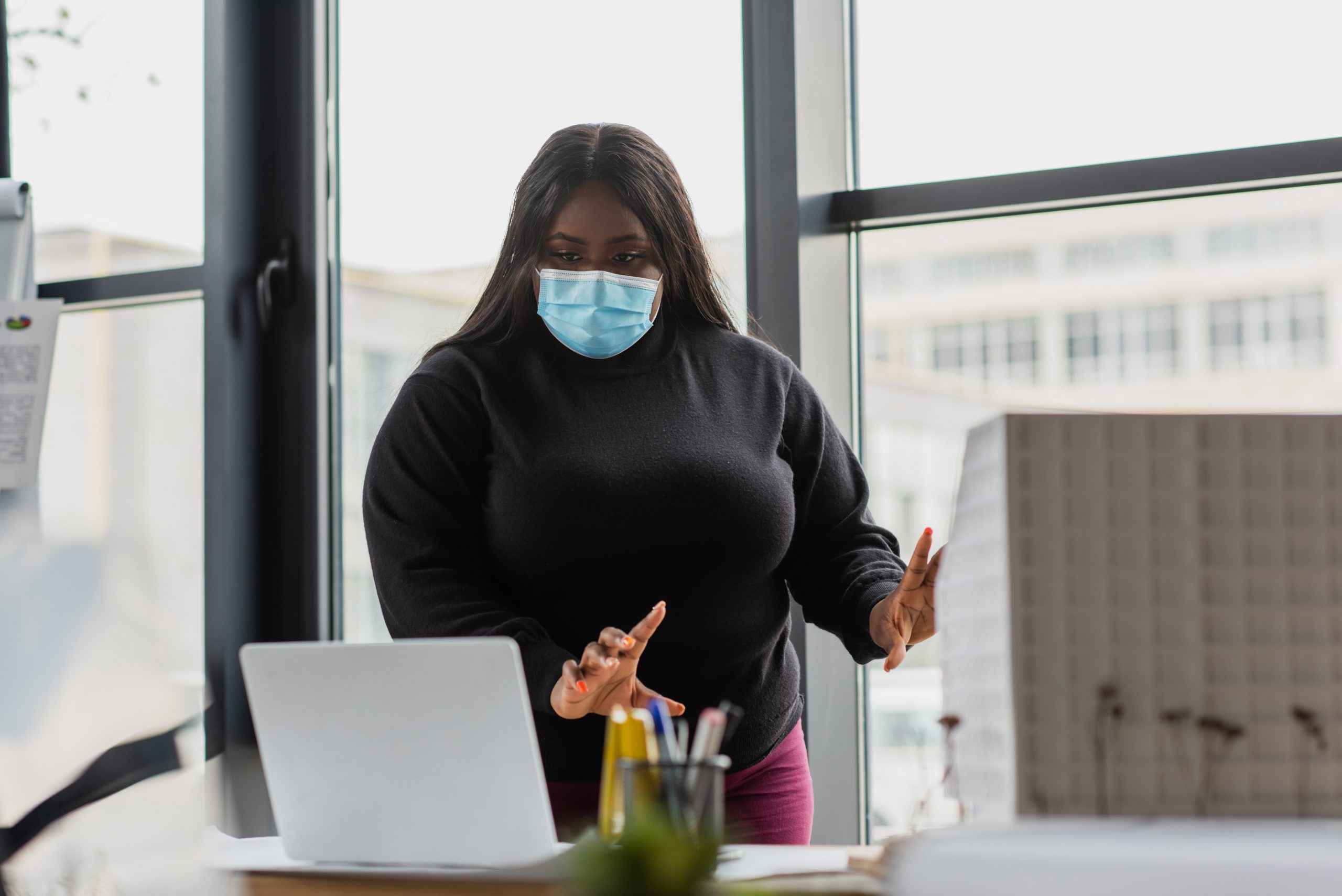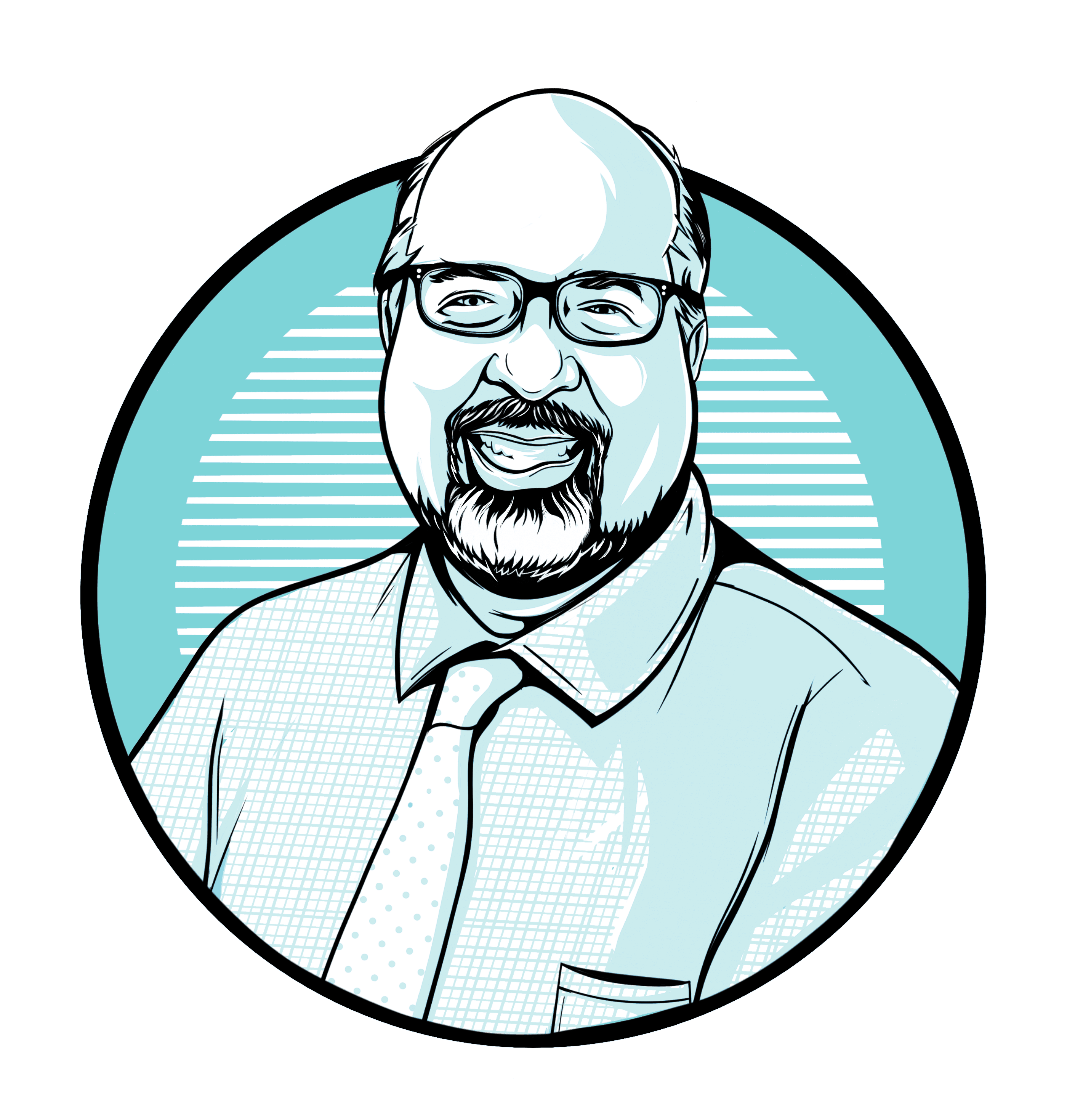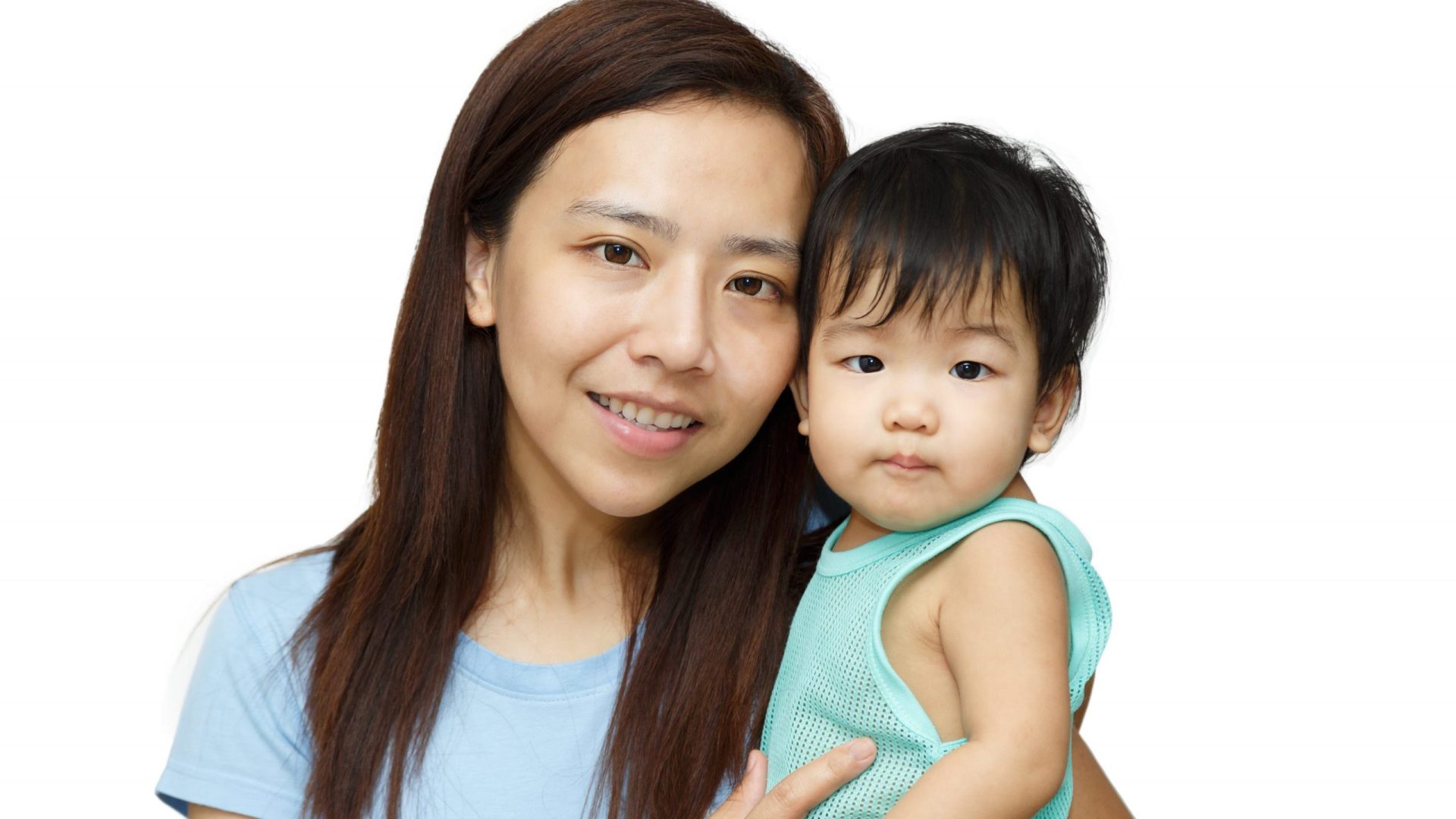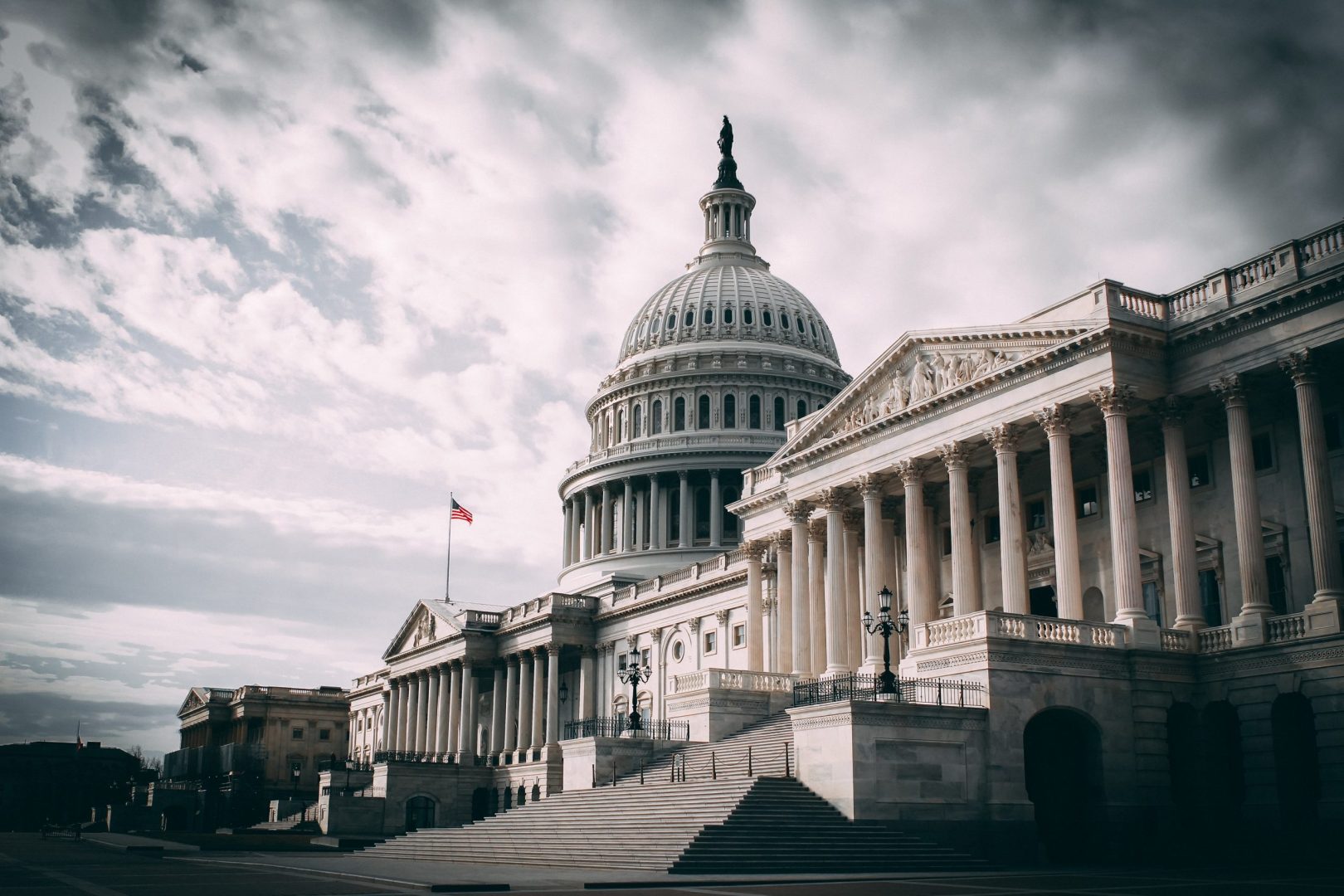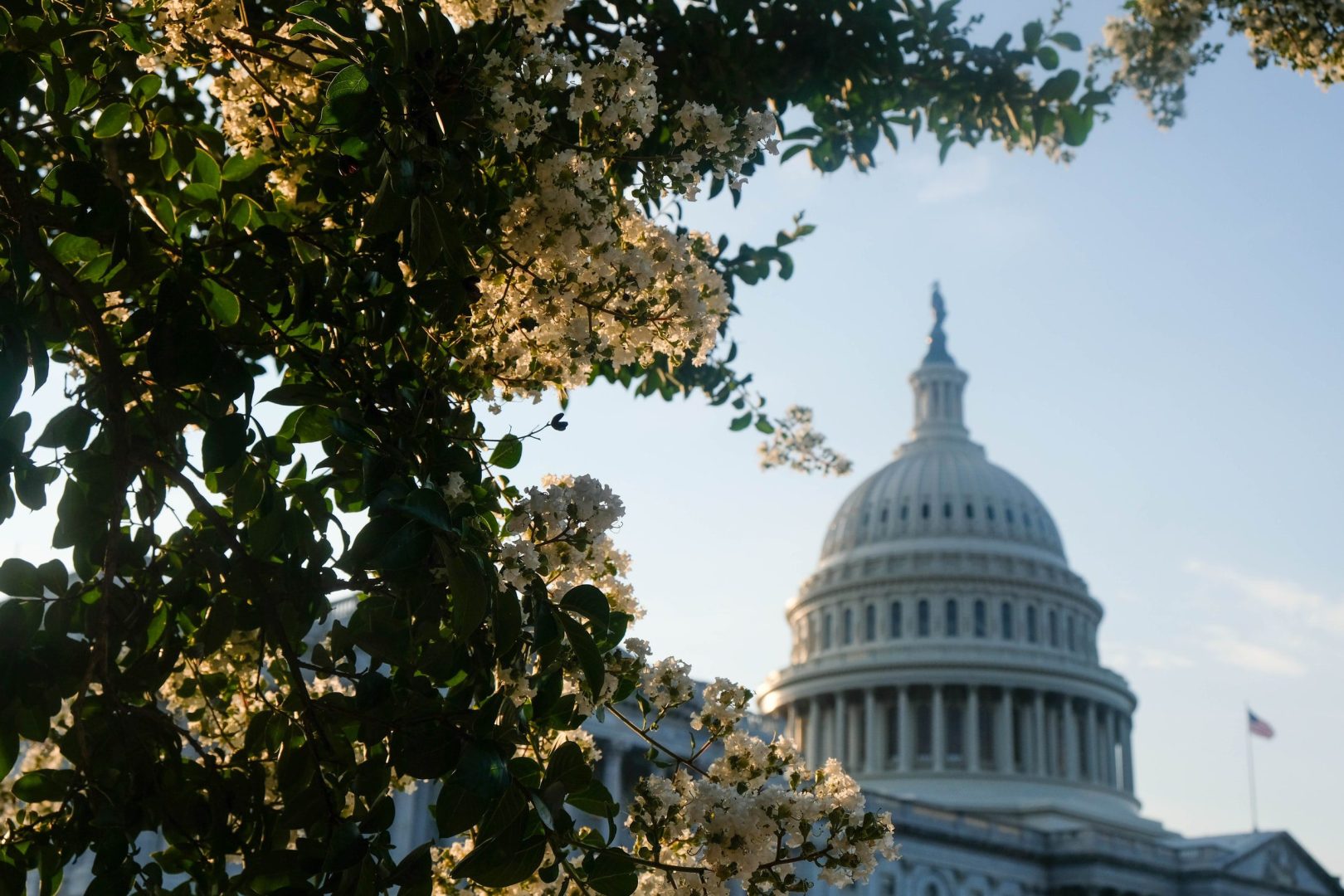Perhaps these rebuttals to central themes in the “parent rights” movement will be useful to you
(To be clear, I am not assailing the rights of parent’s writ large. This is a commentary on the latest set of restrictive and discriminatory public policies that a subset of parents and public officials are pursuing under the general banner of “parent rights.”)
“Parent Rights” has yet again reared its head as a trending theme in public discourse, candidate for public offices platforms, and public policymaking. What with the passage of “Don’t Say Gay” legislation in Florida; laws or bills in some states to ban instruction on race and racism because it could make White students uncomfortable; bans on over 1,000 books in schools in 86 school districts in 26 states; the governor of Texas instructing state agencies to investigate circumstances of children receiving or seeking gender-affirming care as potential child abuse; parent protests over mask mandates in schools (currently at rest due to changes in public health guidance and public health orders regarding masking in school settings)…do I need continue…
What’s a youth development professional (think health educator, school counselor, teacher, principal, out-of-school time program coordinator, adolescent healthcare provider, and many more) to do?
First off, many of you in youth-supporting roles already know what to do. You have confronted regressive public policies in the past and navigated all the “cans” and “can’ts” that came to follow. These latest occurrences are just the current battle in the persistent culture war. To those of you who have successfully fought the good fight in the past, repeat what worked! And, please, do tell! Teach newer youth development professionals those same strategies and tactics.
For those youth developers newer to the defense of youth rights, as well as veterans looking to switch up their talking points, consider adopting some of mine:
1. Individuals are part of a larger community and society as a whole.
Please remember as you are making your parenting decisions and advocating your “parent rights” positions that you are not only raising your child, you also are developing our society’s members. Parenting is not all about you. And it is not all about your child. Your decisions affect all of us.
2. We can protect ourselves and others (who may be at higher risk).
Assertion of your child’s “freedom from government tyranny” (such as is claimed by some parents to be taking place through public health mandates and guidance) endangers the health and life safety of others in the community. Take COVID-19 for example.
Compliance with public health measures to prevent and control transmissible (that is to say, shareable!) diseases such as masks and vaccines protect all of us.
Members of your own families, children who do not yet have access to a COVID-19 vaccine, teachers and other essential workers with underlying health conditions, elders, including those who are the custodians of their grandchildren, community members with disabilities, and more remain at heightened risk of hospitalization and death from this still present disease. Compliance with public health measures to prevent and control transmissible (that is to say, shareable!) diseases such as masks and vaccines protect all of us.
3. Comprehensive sexual and reproductive health education and care is essential for your child (and their right).
Assertion of your child’s “freedom from indoctrination” (such as is claimed by some parents to be taking place through instruction on sexual orientation, gender identity, and the full range of sexual activities) leaves your own child less prepared to handle the reality that our society includes members whose orientations, identities, beliefs, and practices about sex and sexuality differ from yours or theirs. And, consequently, such preventable ignorance puts those with differences from your or their own at all sorts of heightened risks, ranging from non-consensual sexual activity, to bullying and discrimination, to death by suicide. Furthermore, (although, admittedly, this is likely not a persuasive point for this audience…) young people have a right to quality and comprehensive sexual and reproductive health education and care. Access is essential for them to make decisions about their bodies and relationships, and about pregnancy and parenting.
4. Check your privilege.
Assertion of your child’s “freedom from discomfort” (such as is claimed by some parents to be taking place through instruction on systemic racism and misogyny) perpetuates the “discomfort” of prejudice and inequity still experienced this very day by other members of our shared society due to their race or ethnicity being other than White or their sex being other than male.
5. Your right to “freedoms” must not infringe on others’ freedoms.
So, before continuing your advocacy, please probe deeper. Consider that the consequences of asserting your children’s various “freedoms from” often leads to a whole bunch of “freedoms to” harm other members of our shared society. Do your “parent rights” infringe on others’ rights? Are you okay with that?
Perhaps these rebuttals to central themes in the “parent rights” movement will be useful to you…in your one-to-one conversations with parents of the youth you support; in the internal committees and task forces that youth-developing entities have assembled to prepare for and process the proposed and enacted regressive public policies; and to take with you if you choose to speak or write publicly in opposition to these proposals and laws, as you have a right to do as a citizen.
Which happens to be a right shared by all of us, including the “parent rights” parents. May the public policy that protects the safety and improves the quality of life of the “all of us” win the day!
PHOTO CREDIT: Lightfield Studios on Adobe Stock

